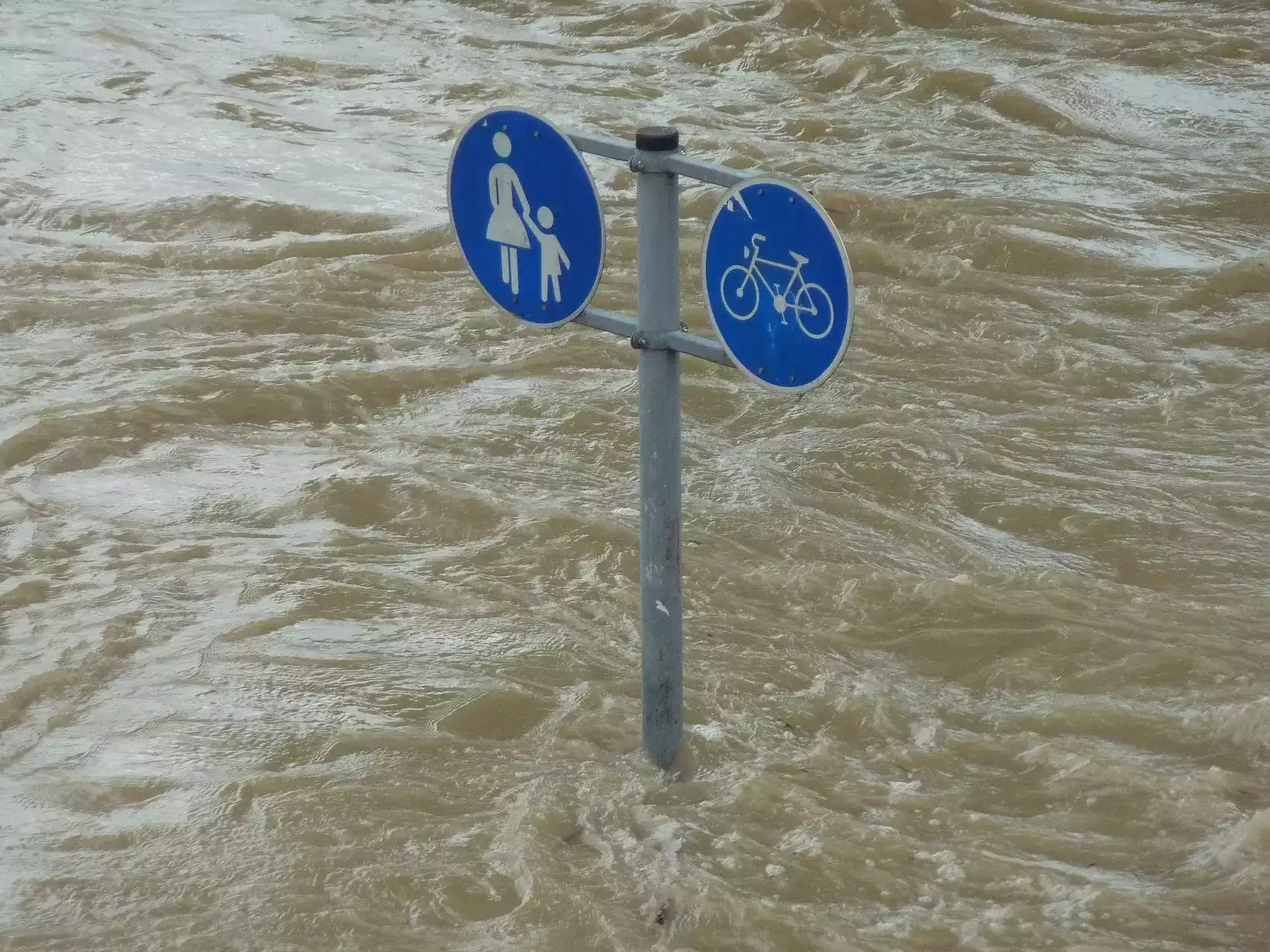Blood
The Earth’s ‘blood pressure’ is too high, and we are inching closer to a heart attack: new report warns
If your doctor told you six of your body’s nine vital signs were failing, you’d be scurrying to purchase the closest gym membership you can find. Heck, you’d probably start taking reparatory measures even if the doctor told you just one of your vitals was suffering.
We tend to somehow always lose sight of the same attitude when it comes to the very planet we walk and breathe on. If there was ever any time to forgo this double-standard, it is now.
A new report card has shown that we have breached six of nine planetary boundaries, putting enormous pressure on the status of human habitability on Earth. As terrifying as it sounds, the reality of the situation mirrors it every bit.
The planetary boundaries are basically limits that define that Earthly processes are happening within the healthy levels — think of how we use a waist-to-hip-ratio or body-mass-index to decide a healthy human. You can also think of it as the Earth’s blood pressure.
“A BP over 120/80 is not a guarantee of a heart attack, but it increases the risk of one. Therefore, we try to bring it down. For our own — and our children’s — sakes, we need to reduce the pressure on these six planetary boundaries,” elaborates Katherine Richardson, the study’s lead.
Advertisement
So far, we’ve breached the safe operating space for the following factors:
- Climate change, with atmospheric carbon dioxide levels being the primary metric.
- Freshwater use, discerning if Earth’s excruciatingly limited freshwater resources are being utilised in a sustainable manner.
- Land-system change, which includes human-alteration of landscapes. Primarily concerned with deforestation, this boundary calculates the amount of forested land remaining.
- Biosphere integrity, accounting for the extinction rate of species on the planet.
- Biogeochemical flows, which concerns itself with the nitrogen and phosphorus cycles, such as how excess fertiliser use and dumping can disrupt sensitive ecosystems severely dependent on these cycles.
- Novel entities, such as the addition of synthetic chemicals and substances (such as microplastics and nuclear waste) into the Earth, whose impact on the Earth system as a whole remains largely unstudied.
The three fortuitous boundaries we haven’t yet crossed include stratospheric ozone depletion, atmospheric aerosol loading and ocean acidification. We need to work overtime to ensure these remain within the safe operating zones as the Earth turns and tosses through the pangs of climate change over the next few decades.
Even as we lose species by the hour or gain degrees by the year, a me-first attitude has ensured that we constantly feel the stress of cramming before an important deadline. Except the consequences are far worse and overarching any exam can prove to be.
It is time to shed this poor demeanour towards the only planet that has accepted us thus far. The research authors hope that this warning study will serve as a wake-up call, and more countries, organisations and individuals will realign themselves to help protect the planet in a scientific and sustainable manner. After all, as resilient as Earth is, there is only so much our blue rock can endure in such hazardous times.
The findings of this study have been published in Science Advances and can be accessed here.

